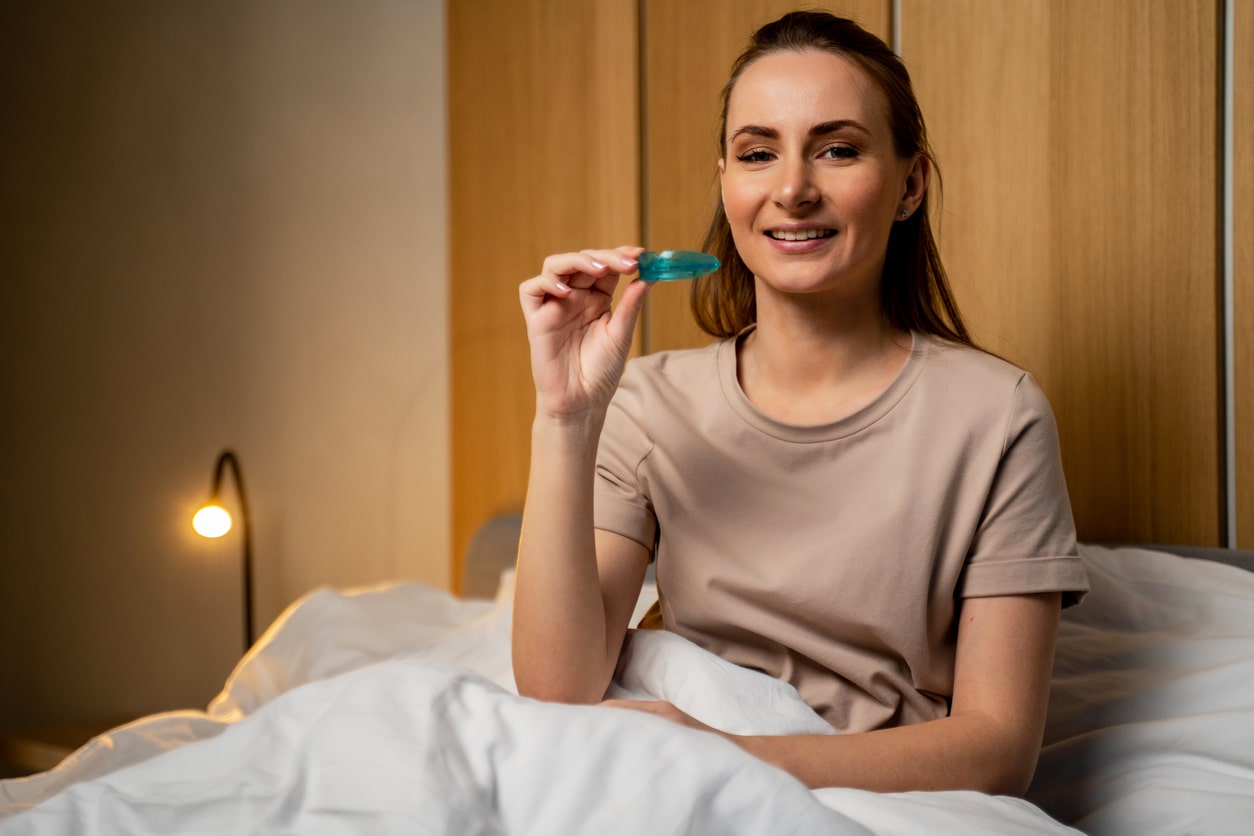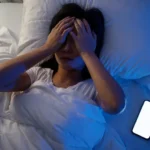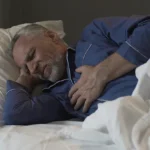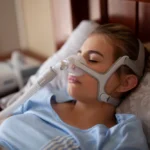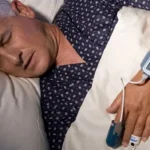So, you’re just not feeling your CPAP Machine?
If you agree with this statement, you’re not alone! More than one-third of people try CPAP and don’t stick with it.
Sleep apnea is a disorder that affects over 25 million adults in the U.S. where your breathing repeatedly starts and stops throughout the night. The standard treatment for Sleep Apnea is a continuous positive airway pressure, or CPAP, which involves wearing a mask during sleep.
Discomfort, inconvenience, claustrophobia and cost are a few of the reasons why CPAPs are disliked by so many. Since many patients are seeking alternative treatments, we have curated a list of seven ways that can also be effective in treating sleep apnea (and help with a good night’s rest!). Be sure to check with your physician before making any changes. Some people with more severe obstructive sleep apnea, or those with certain co-morbid conditions, require positive airway pressure treatments. Good news though! Positive airway treatments other than CPAP exist.
What if I want to ditch my CPAP? Here’s how:
- Try using a nasal decongestant, antihistamine, or saline wash to clear up nasal congestion before going to bed. Breathe-Rite strips help too!
- A mouth guard is a viable option in some. These devices also help to reposition your lower jaw, reducing the air resistance that leads to snoring and sleep apnea.
- Surgical therapy is also gaining relevance in treating sleep apnea primarily due to the introduction of hypoglossal nerve stimulators and the added advantage of eliminating the long-term use of appliances. Surgery is not the first choice for the management of sleep apnea, however in moderate to severe cases with poor positive airway pressure tolerance, it might be the most appropriate option.
- Positional therapy or figuring out ways to not end up sleeping on your back may reduce excessive snoring. Try pinning a tennis ball in a sock or a pair of tightly rolled-up socks to the back of your pajamas to keep you from staying on your back while you sleep. Wedge pillows can even prevent you from rolling onto your back.
- Adjusting your pillow by propping it higher, can help to keep you in a semi-upright position and can be an easy way to assist with normal breathing during sleep.
- Lifestyle changes. Find ways to incorporate healthy eating and movement into each day. Weight loss can help reduce sleep apnea in more than 60% of patients. Studies show that shedding just 10% of body weight can help alleviate such symptoms.
- Mouth and throat exercises can be an effective and alternative way to reduce snoring. Most research studies demonstrate the benefits after 3 months of mouth and throat exercises. Another study showed that performing myofunctional exercises as part of a smartphone game for at least 15 minutes per day was effective in improving rest for sleep apnea patients.
- Lastly, consult your doctor about surgery if you have a deviated septum or another structural problem with your nose. These can prevent normal airflow when you breathe and contribute to your sleep apnea symptoms.
So, hey! Don’t worry if you feel like ditching your CPAP. We gave you plenty of alternatives, and we hope you sleep better soon!
To discuss these options in more detail, book a video appointment with one of our sleep doctors today. Ognomy is available on your desktop or on the AppStore or Google Play.
Sources:
https://www.sleepassociation.org/sleep-apnea/mouthpieces/ https://www.healthline.com/health/sleep/cpap-alternatives#while-traveling https://www.ncbi.nlm.nih.gov/pmc/articles/PMC4992257/ https://www.henryford.com/blog/2019/06/5-alternatives-to-cpap https://healthblog.uofmhealth.org/health-management/10-alternatives-to-cpap-for-treating-obstructive-sleep-apnea https://www.health.harvard.edu/blog/dental-appliances-for-sleep-apnea-do-they-work-2021042822476 https://www.health.harvard.edu/staying-healthy/beyond-cpap-other-options-for-sleep-apnea https://www.sleepfoundation.org/snoring/mouth-exercises-to-stop-snoring
